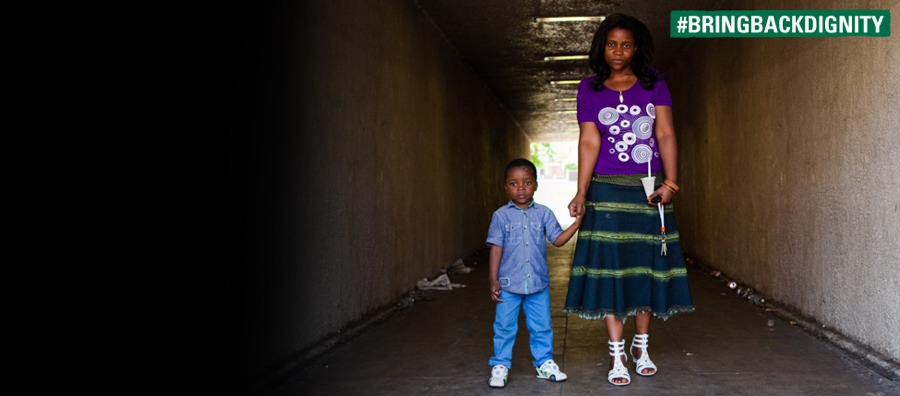- BY Amanda Weston

No recourse to public funds challenges
THANKS FOR READING
Older content is locked

A great deal of time and effort goes into producing the information on Free Movement, become a member of Free Movement to get unlimited access to all articles, and much, much more
TAKE FREE MOVEMENT FURTHER
By becoming a member of Free Movement, you not only support the hard-work that goes into maintaining the website, but get access to premium features;
- Single login for personal use
- FREE downloads of Free Movement ebooks
- Access to all Free Movement blog content
- Access to all our online training materials
- Access to our busy forums
- Downloadable CPD certificates
R (on the application of NS & others) v SSHD [2014] EWHC 1971 (Admin)
The challenge was primarily to the presumption of “no recourse to public funds” which was inserted into the Immigration Rules at Appendix FM paragraph D-LTRPT 1.2 in December 2012. The argument applies equally to paragraph 276BE. The linked case of Akhalu was also dismissed.
The judgment in NS was given some two and a half months after the hearing following prompting by those representing NS, who pointed out that the case had been expedited. The arguments before the court took a day and a half and concerned a great deal of evidence and submissions of some complexity from both sides, to which the judgment does not refer. The claim had been expedited by the court and the preparation for the hearing made more difficult owing to very late service of the Secretary of State’s defence and a large amount of policy-related evidence.

The arguments before the Administrative Court, which had been granted permission, did not turn on SM & others which was one of the cases adduced as an illustration only of a court applying a child-sensitive/best interests approach to scrutiny of a policy, decisions made under which attracted a s 55 duty.
The substantive arguments (condensed and summarised) were
- A section 55 / Articles 2 and 3 UN Convention on the Rights of the Child (UNCRC) challenge to (a) the presumption of no recourse to public funds in the rule itself (b) the disapplication of the no recourse to public funds policy threshold of destitution/particularly compelling circumstances.
- A section 55 / UNCRC argument by reference to the statutory guidance (UKBA Every Child Matters) that in adopting the no recourse to public funds presumption in the rule there had been a failure to assess the impact of the measure on child welfare and a failure to differentiate between adults and children.
- The no recourse to public funds disapplication policy is ‘hard-edged’ and fell into the category decision-making which should have been included on the face of the rule and subject to the scrutiny of Parliament: Alvi/Munir.
- The policy was irrational as it was based on irelevant matters and had failed to take relevant matters into account.
The judgment does not distinguish between the challenge to the face of the rule and the challenge to the disapplication policy. In addition to appeal grounds citing the the court’s erroneous treatment of the arguments before it, the impact of the Refugee Action judgment (which came after the hearing) raises the ground that the Secretary of State’s policy regarding disapplication of the presumption of the no recourse to public funds condition on grounds of destitution, which sets the threshold of destitution at the s 95 support rate – is necessarily unlawful.
Applications for permission to appeal in NS and the linked case of Akhalu are before the court.
The author, Amanda Weston, is instructed in NS and Ronan Toal is instructed in Akhalu.
